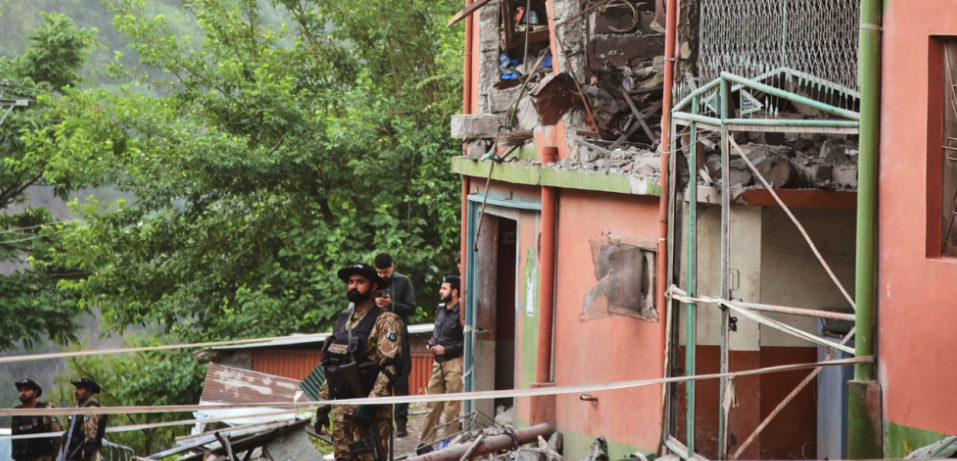Pakistan and India have mutually agreed to withdraw their forces to peacetime positions along the Line of Control (LoC) and international border by May 30, senior officials familiar with the development confirmed on Tuesday.
Military authorities from both sides, particularly their Directors General of Military Operations (DGMOs), are coordinating the phased pullback, sources told various news agencies on condition of anonymity given the sensitive nature of the discussions.
The decision marks a significant de-escalation step following weeks of heightened military tensions, building on a ceasefire that has largely held since clashes earlier this month. Officials described the move as part of ongoing confidence-building measures between the nuclear-armed neighbors.
A senior government official stated: “The troop repositioning aligns with the second phase of the ceasefire framework,” noting that diplomatic efforts by the US and other stakeholders helped facilitate the agreement.
Tensions had flared after what Pakistan termed “acts of aggression” by India, prompting both armies to reinforce forward positions. The planned withdrawal signals cautious optimism for regional stability, though neither government has officially commented on the development.
The rare DGMO-level coordination underscores direct military engagement aimed at reducing border tensions, even as political rhetoric remains subdued.
The ceasefire, which came into effect on May 10, was implemented after the most serious escalation between the nuclear-armed neighbours in over two decades, with cross-LoC shelling, drone incursions, and air force strikes pushing both sides to the brink. The United States, led by Vice President JD Vance and Secretary of State Marco Rubio, played a key role in mediating the truce, with support from Saudi Arabia.
Earlier this year, tensions between the two nuclear-armed neighbours escalated after the Pahalgam attack on April 22, in which 26 tourists were killed by Islamic militants inside India-administered Kashmir.


